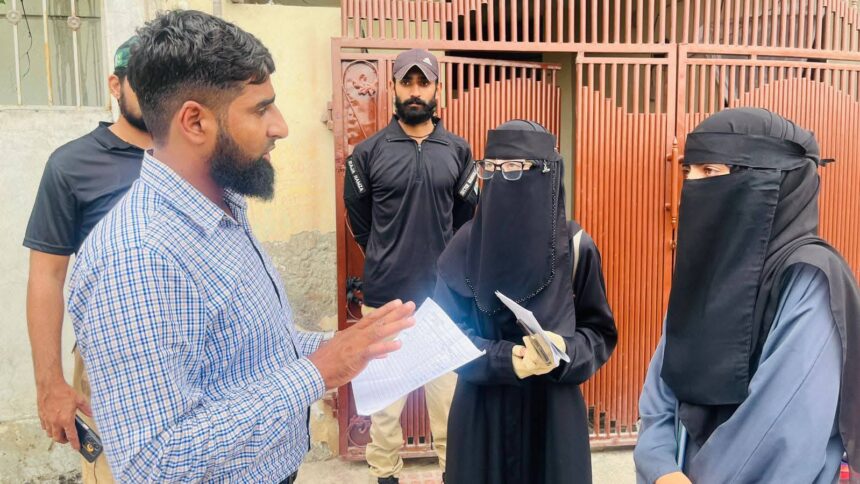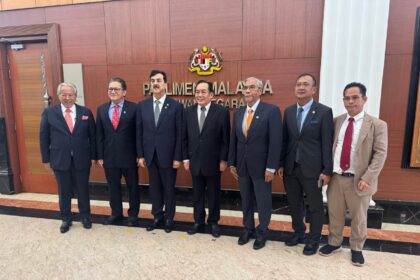District Health Office Islamabad, working with the Ministry of Health, has intensified citywide dengue control operations, carrying out house-to-house surveillance, larval elimination, spraying, fogging and community awareness activities in high-risk neighborhoods. Entomologist Qasim Shajra inspected several areas of UC Bara Kahu to review case-response work and field-team performance, while the district administration has begun imposing heavy fines and filing FIRs against those violating standard operating procedures to curb the disease’s spread.
Mobile teams are visiting homes across targeted sectors to identify and eliminate mosquito breeding sites, apply larvicides where necessary, and conduct space-spraying and fogging operations to reduce adult mosquito populations. Community outreach teams are also educating residents on dengue symptoms, prevention steps and when to seek medical care.
During a field visit to UC Bara Kahu, entomologist Qasim Shajra evaluated the effectiveness of ongoing case-response measures and assessed the performance of field teams to identify gaps and strengthen operational coordination. Officials said the review will inform adjustments to make control measures more timely and effective.
The district administration has stepped up enforcement of public health rules, issuing substantial fines and filing first information reports against individuals and businesses that fail to follow prescribed SOPs. Authorities are urging residents to cooperate with teams and follow the guidelines to prevent further transmission.
To reduce dengue risk, residents are advised to clean water containers, tanks, plant pots and coolers daily; wear long-sleeved clothing; use insect-repellent sprays and lotions; sleep under mosquito nets; and install screens on windows and doors. Authorities stressed that preventing dengue requires both government action and community participation.











